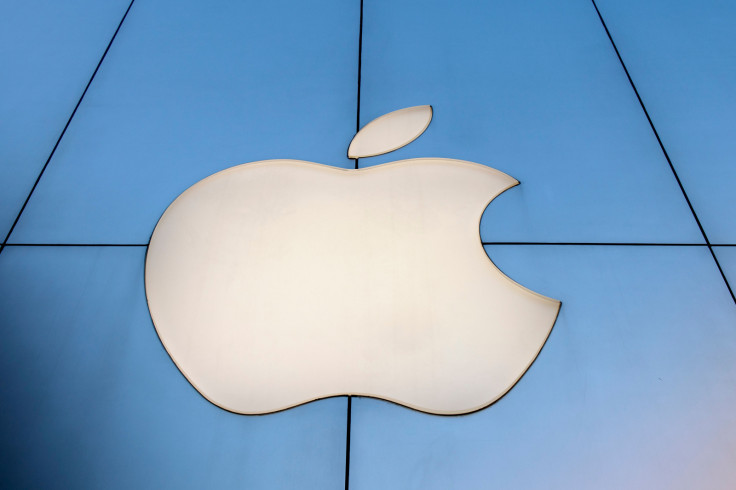Apple AirPower-style wireless charging mat will charge multiple phones at once
While Apple scrapped the AirPower charging paradigm, other companies are now building on it.
Apple's AirPower paradigm was canceled in March this year. While the company canceled AirPower, some other companies have taken up the concept.
Zens, a private company, has developed a wireless charging mat which will charge a user's iPhone and AirPods together. The Zens Liberty mat uses a mat with 16 overlapping wireless charging coils which will let users charge Qi wireless charging compatible devices together.
The Zens Liberty mat will be able to wirelessly charge two devices together unlike Apple's concept which envisaged charging three devices together. Apple's version was based on having 21 to 24 coils in a charging mat. The Zens Liberty will come in two versions – a Kvadrat version with a woolen upholstery base for keeping users' devices, and transparent Glass edition. While the Kvadrat version will cost 139.99 Euros, the Glass version will cost 179.99 Euros.
The Zens Liberty mat will also be faster than regular wireless chargers since it will charge devices at 15W. The company has advertised the mat with Apple's iPad, iPhone, and AirPods with the mat, but there is no sign of the Apple Watch. So, chances are, it may not support the device.
What remains to be seen is how it overcomes challenges that brought down AirPower – overheating and emitting harmful radiation not permissible in the US. The company had stated at the that AirPower did not meet its "high standards." The concept, which was introduced at the company's event in 2017, did not stand the test of time and was cancelled eighteen months afterwards.
Zens Liberty is not the only such charger available in the market. Hard Cider Labs' SliceCharge Pro can charge two devices at once including the Apple Watch. However, it is slower than the Zens Liberty version since it only has six wireless charging coils.
While this is only building up on the current wireless charging paradigms, the ultimate goal being worked on is the capability to charge devices over-the-air. But, don't expect to see that concept before 2025.

© Copyright IBTimes 2025. All rights reserved.




















